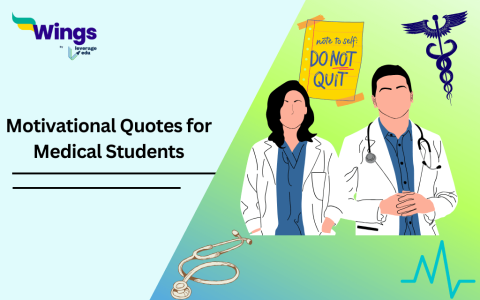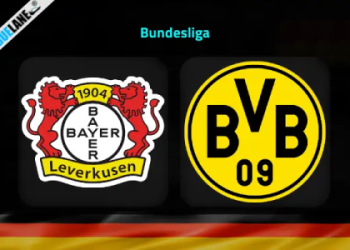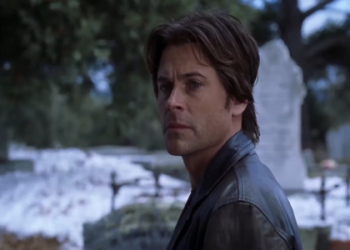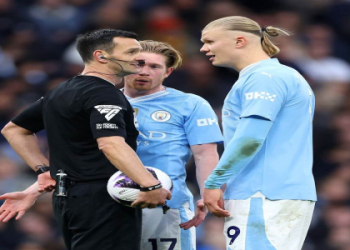Okay, so let’s talk about this whole “highly talented doctor” thing. I’ve been thinking about it a lot lately, and I wanted to share my experience and what I’ve found out.
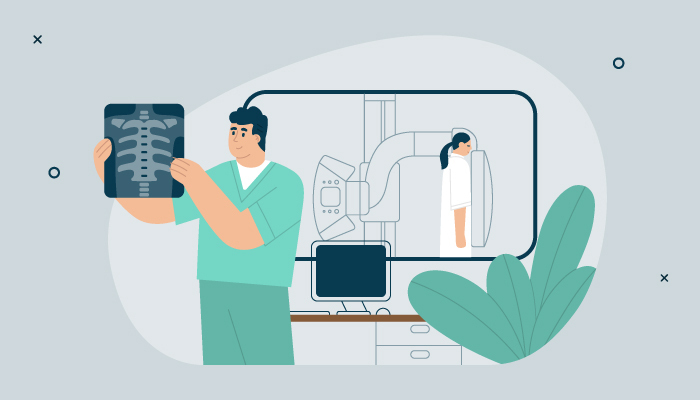
First off, I started by digging into what people generally think makes a doctor “good.” You know, the usual stuff. I read a bunch of articles, looked at some studies, and even chatted with a few friends in the medical field. The same things kept popping up: knowledge, communication skills, empathy, that sort of thing. Pretty obvious, right?
But then I thought, “Okay, that’s the theory. What about in practice?” So, I decided to observe a few doctors in action. I spent some time in a local clinic, just watching how they interacted with patients, how they explained things, and how they made decisions.
Here’s what I noticed:
- The doctors who seemed really good at their jobs weren’t just smart; they were also really good listeners. They took the time to understand what the patients were saying, even when the patients weren’t great at explaining things.
- They were also really good at explaining things in a way that regular people could understand. No medical jargon, just plain English.
- And they were empathetic. They seemed to genuinely care about their patients and their well-being. They would patiently answer every question from patients, and treat the patients with friendly attitude.
After observing, I tried to apply these things to my own interactions, even though I’m not a doctor. I started listening more actively, explaining things more clearly, and trying to be more empathetic in my conversations.
And guess what? It actually made a difference! People seemed to respond better to me, and I felt like I was connecting with them on a deeper level.
So, what’s the takeaway? I think being a “highly talented doctor” isn’t just about having a bunch of medical knowledge. It’s also about being a good human being. It’s about listening, communicating, and caring. And those are things that we can all work on, whether we’re doctors or not.
This whole experience really opened my eyes to the human side of medicine. It’s not just about the science; it’s about the people. And that’s something I’ll definitely be keeping in mind going forward.


